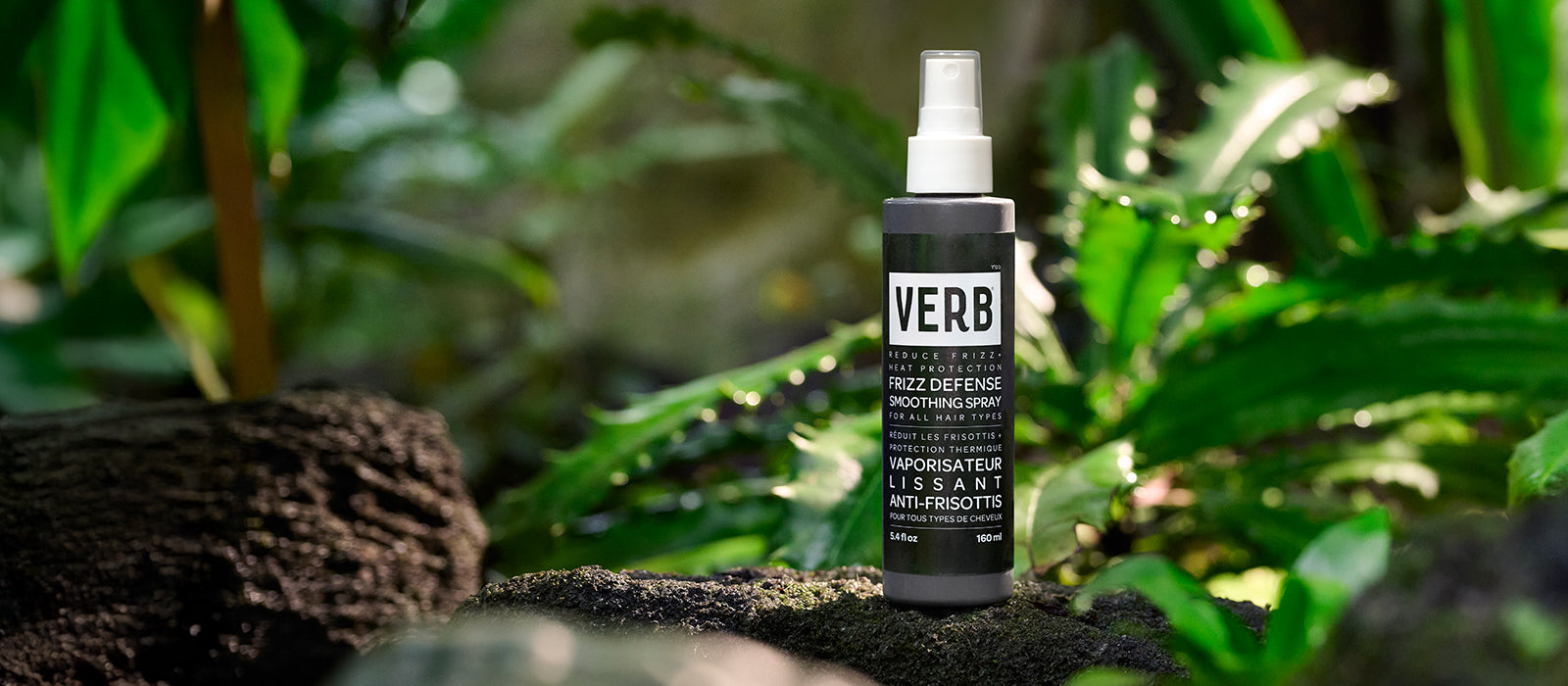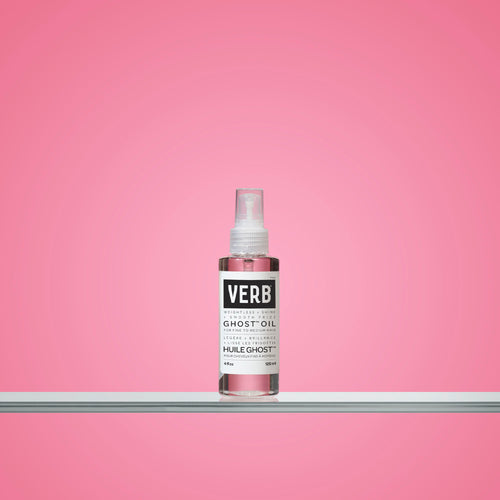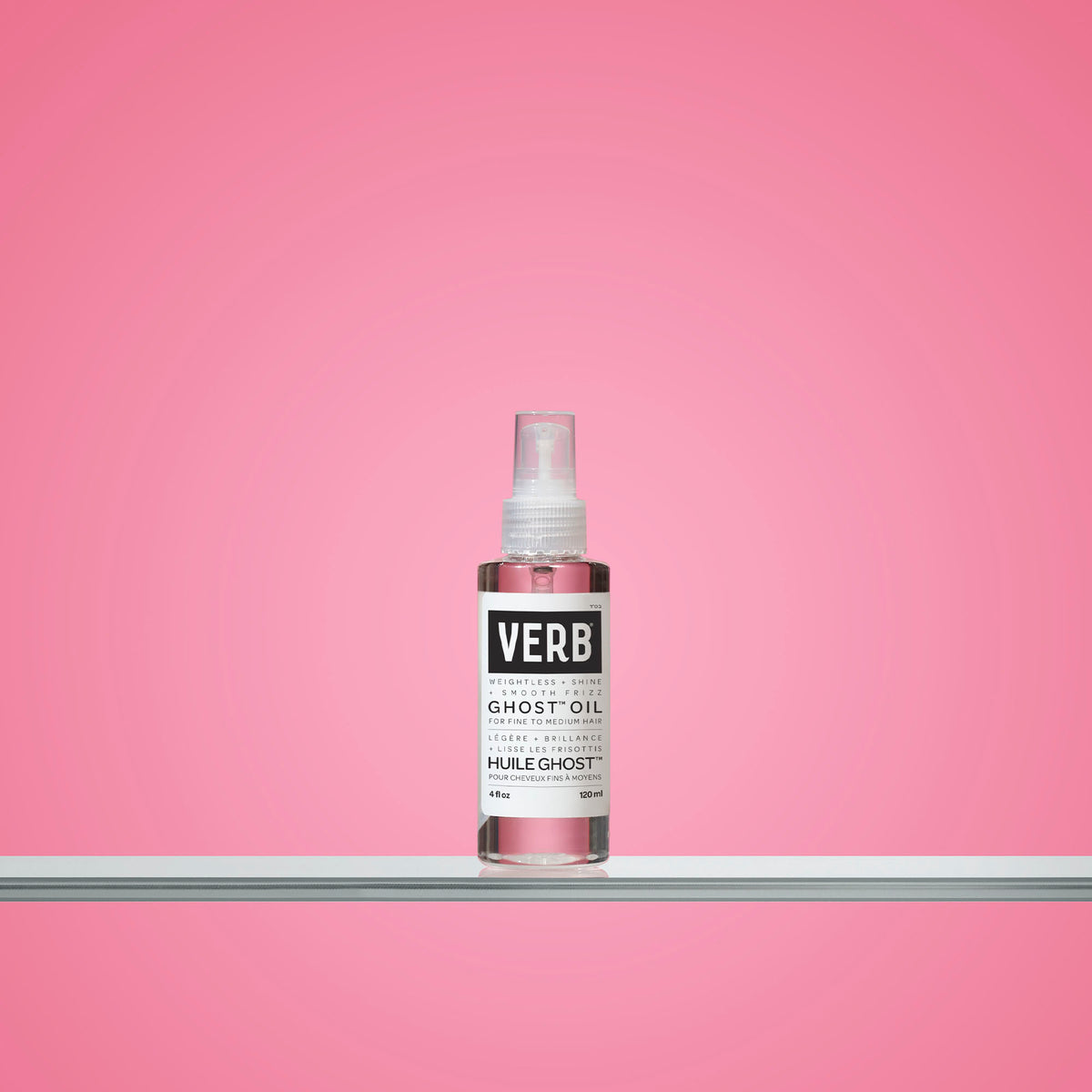There’s nothing quite as frustrating as that stubborn itch on your scalp, only to discover a dusting of white flakes on your shoulders. It's more than just an annoyance; it can be a persistent and embarrassing issue. But understanding what causes dandruff is the first step to finding a fix.
Dandruff is essentially a buildup of dead skin cells on your scalp. While it's a common skin condition that can be triggered by a variety of factors, it could also be a sign of a bigger issue. So to help you find a solution and heal your scalp, we’re sharing all you need to know about what causes dandruff.
What is dandruff?
Dandruff is more than white flakes that show up on your shoulders and in your roots. It’s a skin condition that can make your head itchy, dry and just overall irritated. To explain it simply, Is dandruff normal?
Yes! Dandruff is a common condition, affecting people of all ages and backgrounds. In fact, it’s been estimated that around 50% of North Americans has dandruff. While it can be frustrating, it's essential to remember that it's a relatively normal occurrence and you’re not alone. While there are many causes of dandruff there are also effective treatments available to manage the flakes and itchiness.
Why do I have dandruff? Understanding what causes dandruff
A dry and itchy scalp is a common problem, but that doesn’t make it any less annoying. Dandruff can be caused by many factors like psoriasis, eczema, sensitivity to hair products (contact dermatitis) or even out-of-whack hormones.
Common misconceptions about dandruff are that it’s contagious or related to poor hygiene, but that’s simply not true. However, if your hair and scalp are prone to oil buildup, you may be more susceptible to dandruff.
Dry scalp
A dry scalp is a common culprit behind dandruff. It occurs when your scalp doesn’t produce enough natural oils to keep the skin hydrated. This can lead to itchiness and flaking. People living in colder, drier climates or those who frequently wash their hair with harsh shampoos are more susceptible to dry scalp.
To combat dryness, opt for gentle, moisturizing shampoos and conditioners. If your scalp continues to be severely dry or flaky, consider consulting a medical professional.
Oily scalp
Surprisingly, an overly oily scalp can also lead to dandruff. Excess sebum production creates a perfect environment for Malassezia yeast to thrive, resulting in dandruff. People with naturally oily skin or those who use heavy styling products are more prone to this issue.
Regular shampooing with a gentle, clarifying shampoo can help manage oil production. If your dandruff is severe or accompanied by other scalp issues, make an appointment with a dermatologist for a tailored treatment.
Sensitivity to hair products
Some people develop dandruff due to allergies or sensitivities to certain hair products. Harsh ingredients can irritate the scalp, leading to flakiness and itchiness. If you suspect a product allergy, try switching to a shampoo and conditioner with a more gentle formula such as ours. If symptoms still continue, a doctor can determine the exact allergen and share suitable alternatives.
Underlying skin conditions
Certain skin conditions, such as eczema and psoriasis, can affect the scalp and cause dandruff-like symptoms. These conditions often involve inflammation and can lead to thick, scaly patches. If you have a history of these skin conditions you may be more prone to dandruff. Over-the-counter dandruff treatments may provide temporary relief, but you’ll want to see a medical professional to get an official diagnosis and find a long-term solution.
Malassezia yeast overgrowth
As mentioned earlier, Malassezia is a type of yeast naturally found on the scalp, but an overgrowth can lead to dandruff. If you notice persistent dandruff accompanied by redness or inflammation, it might be due to an overgrowth of Malassezia. While over-the-counter anti-dandruff shampoos containing zinc pyrithione or ketoconazole can help, consulting a doctor may be necessary for more stubborn cases.
4 more causes of dandruff (that you might not have considered)
While the causes we’ve covered are the most common, there are a few other factors that can contribute to dandruff:
- Hormonal changes: Fluctuations in hormones, particularly during puberty, pregnancy and menopause, can affect sebum production and scalp health, leading to dandruff.
- Stress: Believe it or not, stress can cause dandruff. When you're stressed, your body's hormone levels can fluctuate, potentially affecting your scalp's condition.
- Diet: While the research is limited, some recent studies suggest that deficiencies in certain nutrients, such as zinc and B vitamins, might contribute to dandruff. A balanced diet is crucial for overall health, including scalp health.
- Medical conditions: In some cases, dandruff can be a symptom of underlying medical conditions like psoriasis, eczema or seborrheic dermatitis. If your dandruff is severe, persistent or accompanied by other symptoms, it's essential to consult a dermatologist to rule out any underlying health issues.
Note from Verb: Remember, everyone's scalp is unique and it may take some patience to find the right approach to manage a flaky scalp. If natural or over-the-counter treatments aren't providing relief or the symptoms are getting worse, don't hesitate to seek professional medical advice from a doctor.
Why do I have dandruff all of a sudden?
As frustrating as it can be, dandruff can appear quite suddenly from changes in the weather, hormonal changes or even increased stress. So if you’ve been experiencing any of these changes, consider calming things down with a more gentle routine that includes an anti-dandruff shampoo.

try our new
dandruff shampoo
reduces the recurrence of
dandruff symptoms like
flakes, itchiness and irritation
Nourish your scalp and hair with Verb
Understanding the root cause of your dandruff is crucial to finding effective relief. Whether it's dry scalp, an overgrowth of yeast or an underlying skin condition, identifying the culprit empowers you to take control.
If you're still struggling with dandruff, our Dandruff Shampoo can help. Formulated with 3% salicylic acid, clary sage oil and zinc PCA, our newest Dandruff Shampoo is clinically proven to significantly reduce dandruff after just one use*.
We understand that everyone’s scalp is unique, so if you have more dandruff questions, send us a DM at @verbproducts on Instagram because we would be happy to help! And if you want more product recs for your unique hair type, texture, concerns and goals? check out our shampoo + conditioner guide or our hair quiz for personalized recommendations!
*based on a 21-day clinical study of 30 participants









